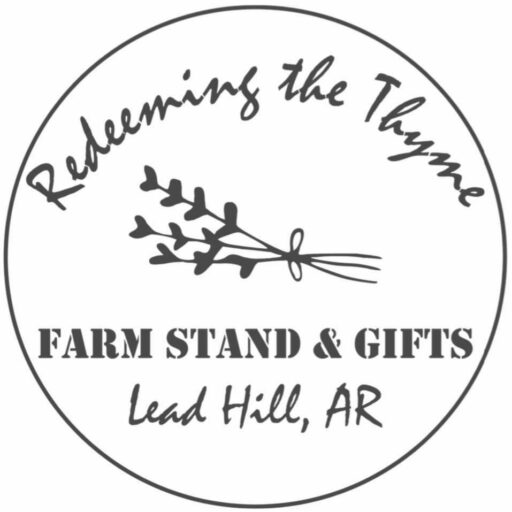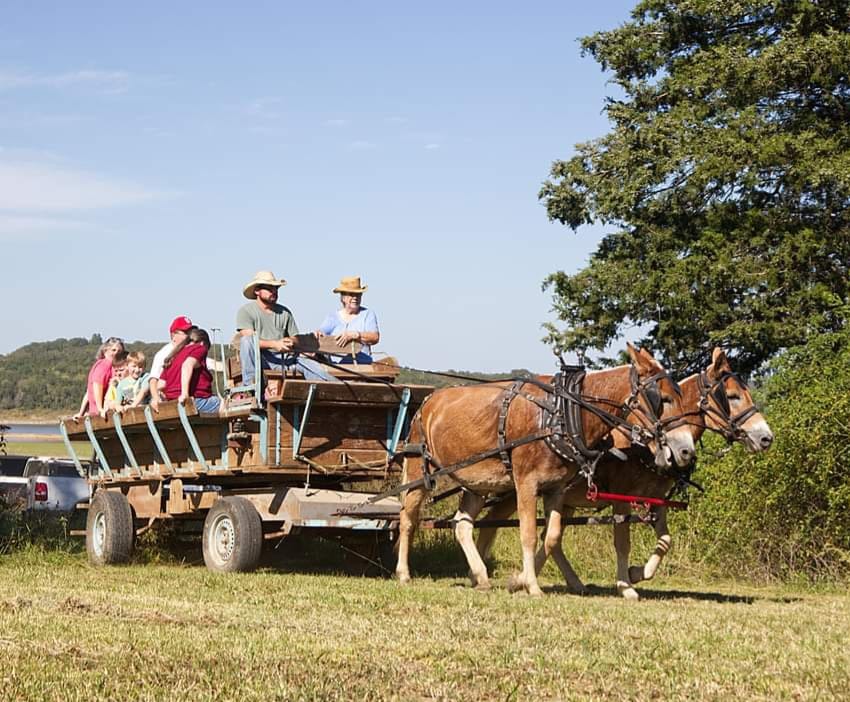Old Thyme Harvest Festival Update
Sponsored by: We are SHOUTING a huge “Thank You!!!” to our new local bank, First Community Bank, for generously sponsoring our Wagon Rides this year at our 3rd Annual Old Thyme Harvest Festival! This event is one of my absolute favorite parts of our Festival. For one, it’s just fun. Hopping on a mule-drawn wagon

